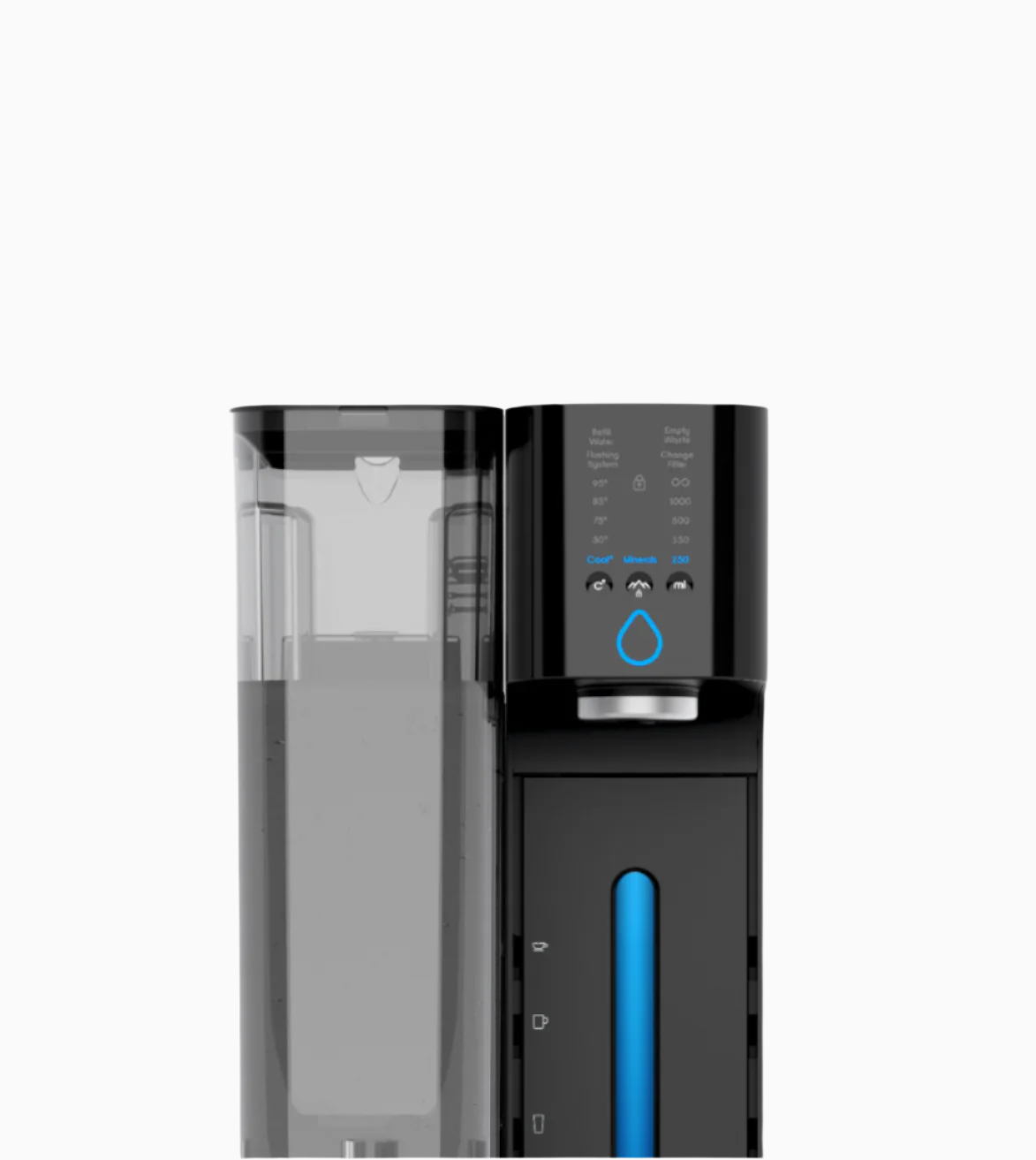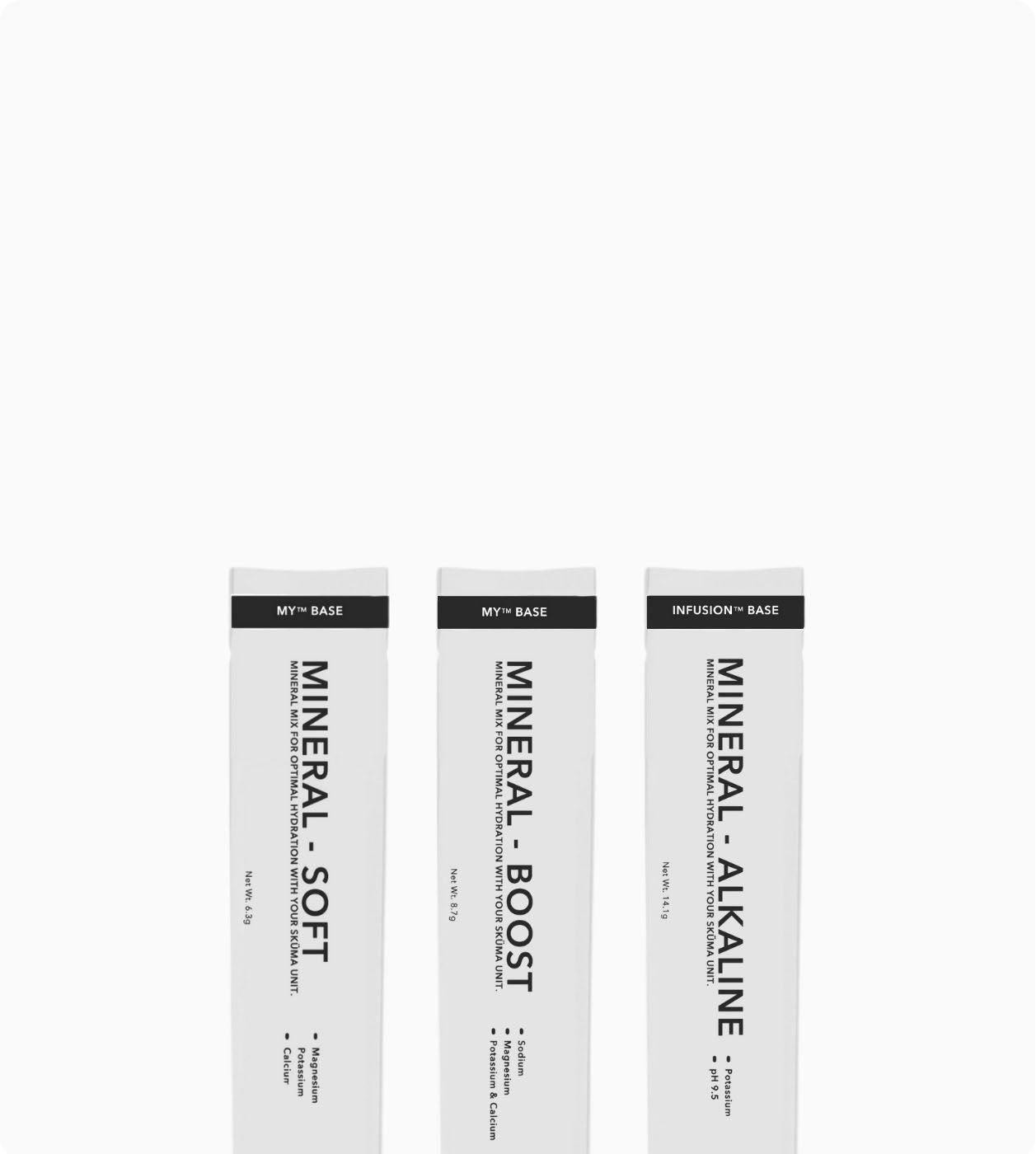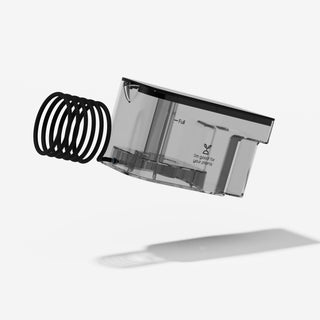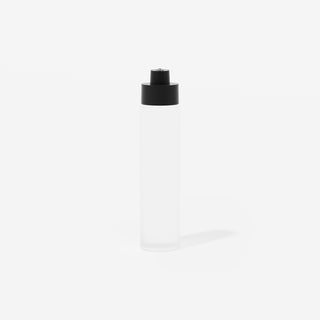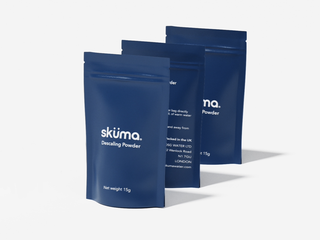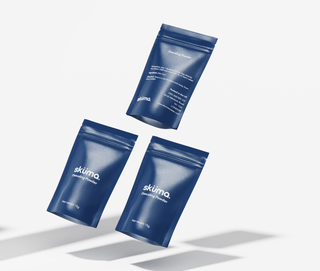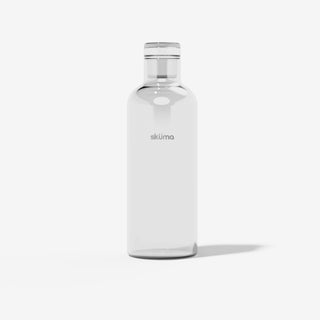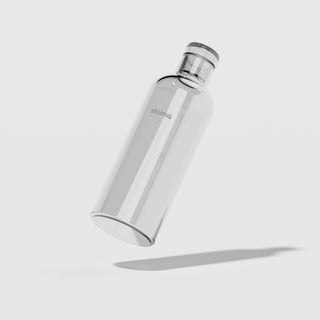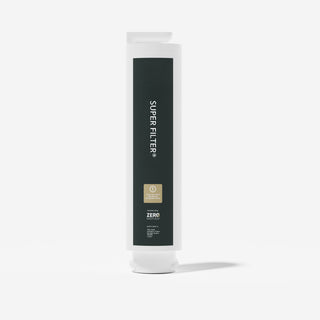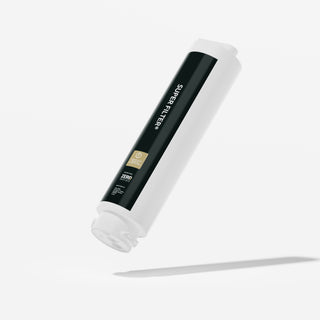The Shift In Outsourcing Our 'Energy' and Why Natural Can Be Better.
"More caffeine = more productivity."
For decades, this equation seemed unshakeable. But 2025 data reveals a dramatic shift: the youngest generation is rewriting the rules of how we fuel our bodies and minds.
It's been two weeks since I decided to ditch caffeine for myself, and it wasn't easy.
Headaches and chest pain plagued me for the first few days... I guess that's what going from three big mugs a day to zero does to you.
But now, my anxiety is much better, I feel I have more sustained energy without the big highs and lows and I've discovered loads of alternative drinks and herbal teas I'm loving.
The Numbers Don't Lie: A Generation Choosing Better
Recent market data from Ocado Retail shows a 54% year-on-year increase in health drinks sales, driven largely by health-conscious Gen Z shoppers. Three in five (60%) of Gen Z say they've cut back on traditional stimulants, replacing them with functional alternatives that promise sustained energy without the crash.
Instead of reaching for another espresso, they're choosing cold coffees infused with medicinal mushrooms and tea refreshers for caffeine moderation and immune support.
Beyond the Buzz: What Natural Energy Actually Means
The shift isn't just about swapping drinks - it's about understanding how true energy works in the body. Unlike the sharp spike and inevitable crash of high-caffeine beverages, natural energy sources work with your body's existing systems.
Caffeine Crash Cycle: High caffeine → Adrenaline spike → Energy crash → Need more caffeine
Natural Energy Cycle: Balanced nutrition → Steady glucose → Sustained ATP production → Consistent performance
The Hydration-Energy Connection You're Missing
Here's what most people don't realise: dehydration is one of the primary causes of afternoon energy crashes. When you're even mildly dehydrated, your blood volume decreases, making your heart work harder to pump nutrients to your cells.
The result? That 3PM slump that sends you reaching for another coffee.
Proper hydration ensures:
- Efficient nutrient transport to cells
- Optimal brain function and mental clarity
- Stable blood sugar levels
- Better sleep quality (affecting next-day energy)
Functional Foods: Your Body's Natural Power Plants
Gen Z's embrace of functional beverages reflects a broader understanding: what you consume should work for you, not against you. The most effective natural energy sources combine multiple mechanisms:
Adaptogenic Herbs: Help manage stress efficiently, preventing energy-draining cortisol spikes.
B-Complex Vitamins: Essential for converting food into cellular energy (ATP).
Natural Electrolytes: Support hydration and nerve function.
Complex Carbohydrates: Provide steady glucose release rather than blood sugar roller coasters.
The Real Cost of Artificial Energy
Chronic high caffeine intake creates "energy debt" - borrowing tomorrow's energy to fuel today. This leads to:
- Disrupted sleep patterns
- Increased cortisol levels (creating long-term fatigue)
- Dehydration (caffeine is a mild diuretic)
- Nutrient depletion
Building Your Natural Energy Foundation
The most sustainable approach combines three elements:
1. Quality Hydration: Not just water quantity, but water quality. Properly filtered, mineral-balanced water supports every cellular process that generates energy. When your hydration foundation is solid, everything else works better. Check out our starter pack for precise, pure, tested hydration at home.
2. Nutrient-Dense Whole Foods: Foods rich in B vitamins, healthy fats, and complex carbohydrates provide the raw materials your body needs for sustained energy production.
3. Functional Support: Natural compounds like green tea, adaptogens, or fermented beverages that support gut health and nutrient absorption.
The Future of Feeling Good
Gen Z's energy revolution isn't about deprivation - it's about optimisation.
They've realised that feeling consistently good requires treating your body like the sophisticated system it is, not forcing it to run on artificial stimulants.
This shift toward functional, natural energy sources represents a broader understanding: true productivity doesn't come from pushing harder with stimulants, but from supporting your body's natural energy systems so they can perform at their best.
The question isn't whether you can function on multiple cups of coffee - it's whether that's the best you can feel.
Citations:
Food Navigator USA. (2025, April 3). Coffee and tea trends: Gen Z demands pick-me-ups with functional benefits.
Talking Retail. (2025, June 5). Functional drinks boom as Gen Z swaps coffee and alcohol for healthier alternatives.
Beverage Daily. (2025, April 23). Functional beverages: Top trends of hydration, gut health and energy.
Prepared Foods. (2025, January 28). Hydration Innovation: Exploring the Functional and Flavorful Future of Beverages in 2025.
Food Navigator USA. (2025, January 14). Positive Nutrition Broadcast Series: Functional beverage trends bubbling up in 2025.
PubMed. (2025, June 28). Functional Foods in Modern Nutrition Science: Mechanisms, Evidence, and Public Health Implications.


